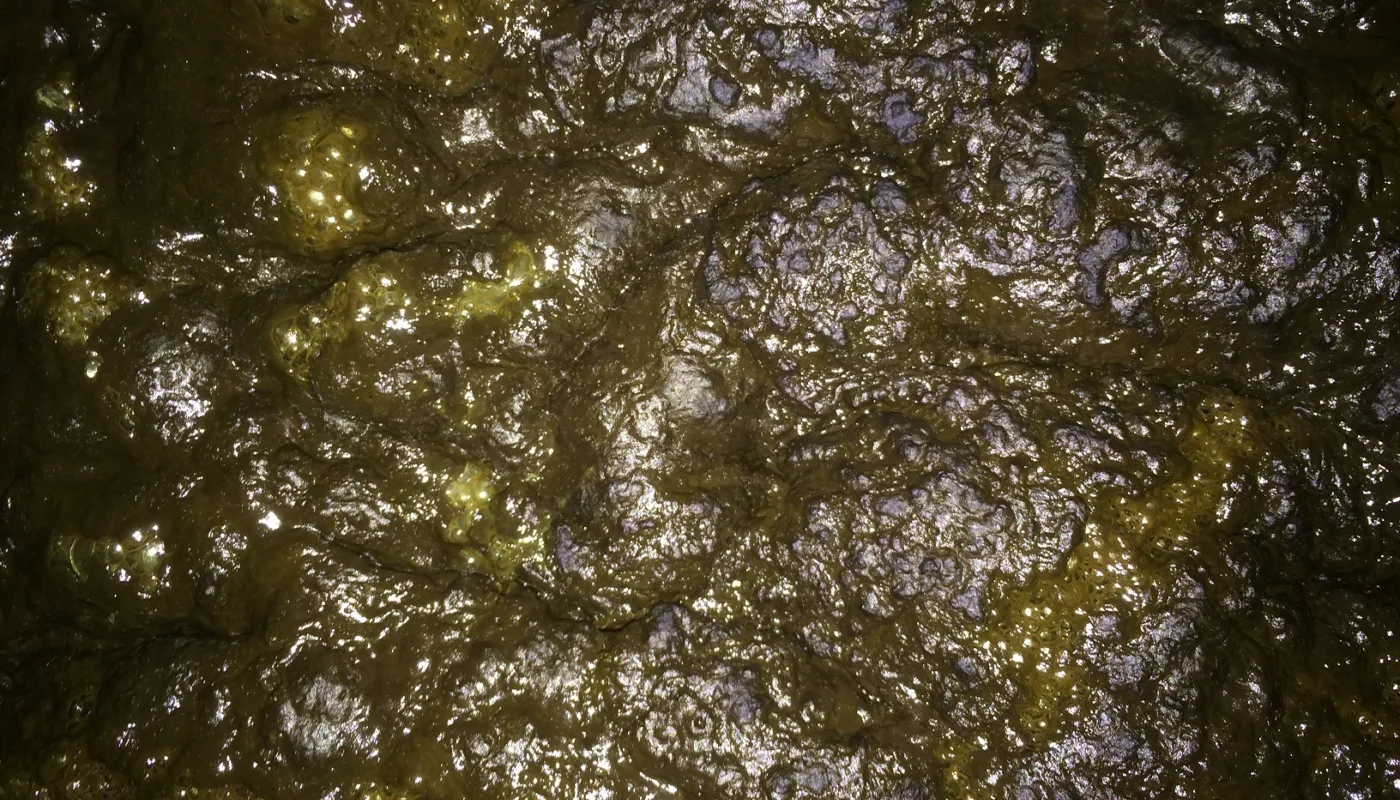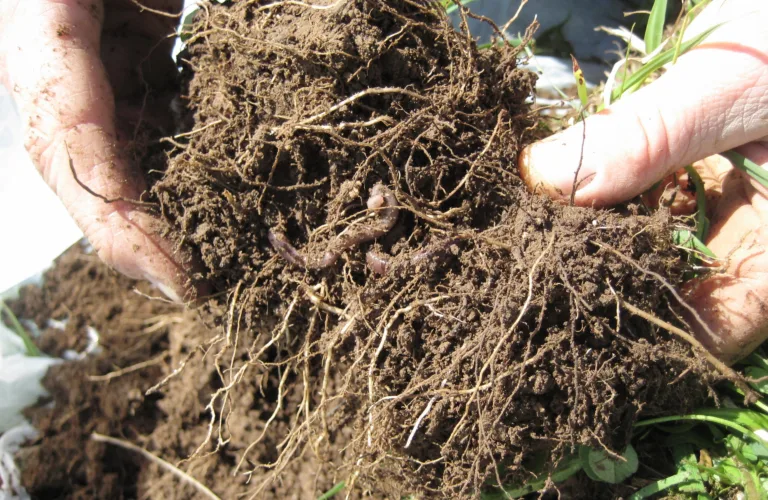Experiments with fermenting of livestock manure

Testing in full scale is done on farms in Rogaland, Trøndelag and Østfold, with different animal productions. A control study with slurry from dairy cows, with and without application of EM, was conducted at Tingvoll during the winter of 2017-2018. The term «effective microorganisms» was first coined in Japan where researchers isolated and cultivated strains of different soil-based fungi and bacteria and tested them in various combinations in cultivated soils. The idea was to out-compete existing microflora and stimulate healthier plants and better yields. The method has been widely applied in Asia and is often associated with the term “nature farming” or “Kyusei nature farming”. In Europe, many products containing EM are also available. They are marketed as additive for feed during ensilage, to improve composting, to improve conditions in the rumen of ruminants, and to improve livestock manure by reducing crust formation and odor problems, to reduce the number of flies in animal stalls, and for improved nitrogen utilization. The products are composed of different cultures of fungi and bacteria, sometimes blended with fine-ground minerals, and can also contain carbohydrates as a nutrient source. In this project, two commercial products produced in the Netherlands were tested. In the experiment at Tingvoll, slurry from dairy cows was filled in IBC-tanks and stored at about 14 °C for 3.5 months. Fermentation occurred in all tanks, and was heavier in the tanks treated with EM. Finally, the manure was analyzed for chemical composition. There was no significant difference between treated and untreated manure, neither for dry matter content. If N-loss had been reduced, as is claimed the products shall function, should N-content have been higher in the tanks with EM-treated manure.
Project Details
Project details
| Project number: | 3092 TINGVOLLEM |
|---|---|
| Project owner: | Bokashi Norge AS |
| Project coordinator: | Andreas Capjon |
| Project staff NORSØK: | Anne-Kristin Løes |
| Project partners: | Norwegian Institute of Bioeconomy Research (NIBIO) |
| Funding: | Norwegian Agriculture Agency |
| Project period: |


